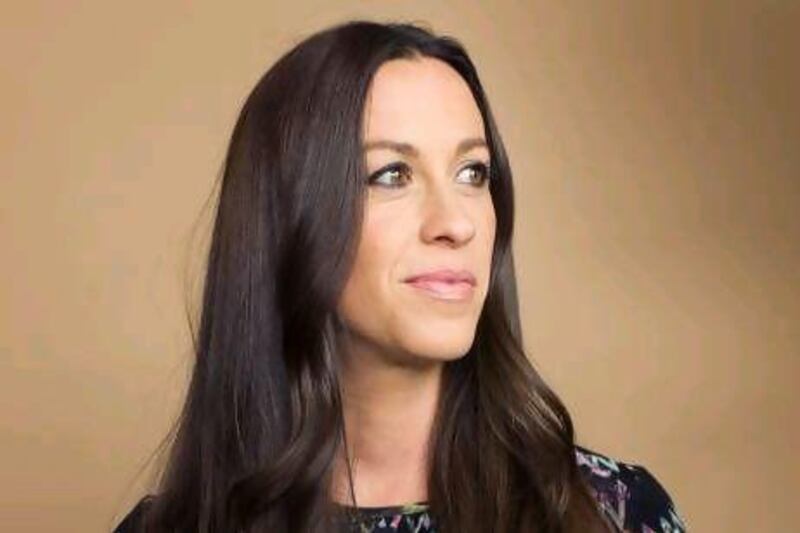Alanis Morissette
Havoc and Bright Lights
(Columbia)
••
Though the Riot Grrrl movement linchpins Bikini Kill pushed a strong feminist agenda on their 1991 recording Revolution Girl Style Now, by 1995 it was the rather less radical Alanis Morissette - a former pop star once dubbed "The Debbie Gibson of Canada" - who became a poster girl for many a young woman scorned. On the back of her angst-ridden, errant-boyfriend-baiting single You Oughta Know, Morissette's transition-to-rock record Jagged Little Pill went on to sell 16 million copies.
Seventeen years and six albums on, this Ottawa-born singer-songwriter doesn't just make music - she feels she has a calling. "We're ready to push envelopes into full-blown consciousness," runs one Morissette quote on Havoc and Bright Lights' rather highfalutin press release. "Deepening intimacy, connection and authenticity is such a big part of what I'm here to contribute."
The album was made quickly at Morissette's Los Angeles home when breaks from caring for her one-year-old son Ever allowed. She and the key producer/collaborator Guy Sigsworth (who has worked with Björk and Madonna) reportedly wrote and recorded a song a day. Sigsworth essayed beats and electronica flourishes around more traditional rock instrumentation before the secondary producer, Joe Chiccarelli (Jason Mraz, The Strokes), was brought in to give the material a more organic feel.
The album's opener Guardian, written for young Ever, packs a strong if telegraphed chorus, but Til' You and Empathy, both written in part for Morissette's rapper husband Mario "MC Souleye" Treadway, are rather limp, saccharine affairs supportive of the theory that cosy domesticity rarely inspires great music.
Unsurprisingly, Morissette fairs much better when she has an issue to grapple with. The eastern-flavoured, slightly sinister-sounding Celebrity is a fairly trenchant critique of the fame for fame's sake folly that some feel TV shows such as American Idol and The X Factor help propagate, while Lens, calling for tolerance between people of different religious faiths, packs anthemic hooks around a bobbing, psychedelic bass-line.
Elsewhere, the decent piano ballad Havoc is precisely the kind of fare one could imagine an X Factor candidate singing at boot camp when attempting to showcase their more sensitive side. As Morissette herself might say: isn't that ironic?
Ultimately, Havoc and Bright Lights seems pretty slippers and hot cocoa. The psychobabble that underpins the closing track Edge of Evolution is hard to swallow, while the bland low-point Win and Win conjures Karen Carpenter soldiering through a dynamics-less B-side that never ignites. Only on Celebrity and the propulsive Woman Down does Morissette sound fully engaged, the stark gender-politics of the latter seemingly an appetising prospect after all the cooing about hubby and baby.
Follow
Arts & Life on Twitter
to keep up with all the latest news and events
[ @LifeNationalUAE ]





